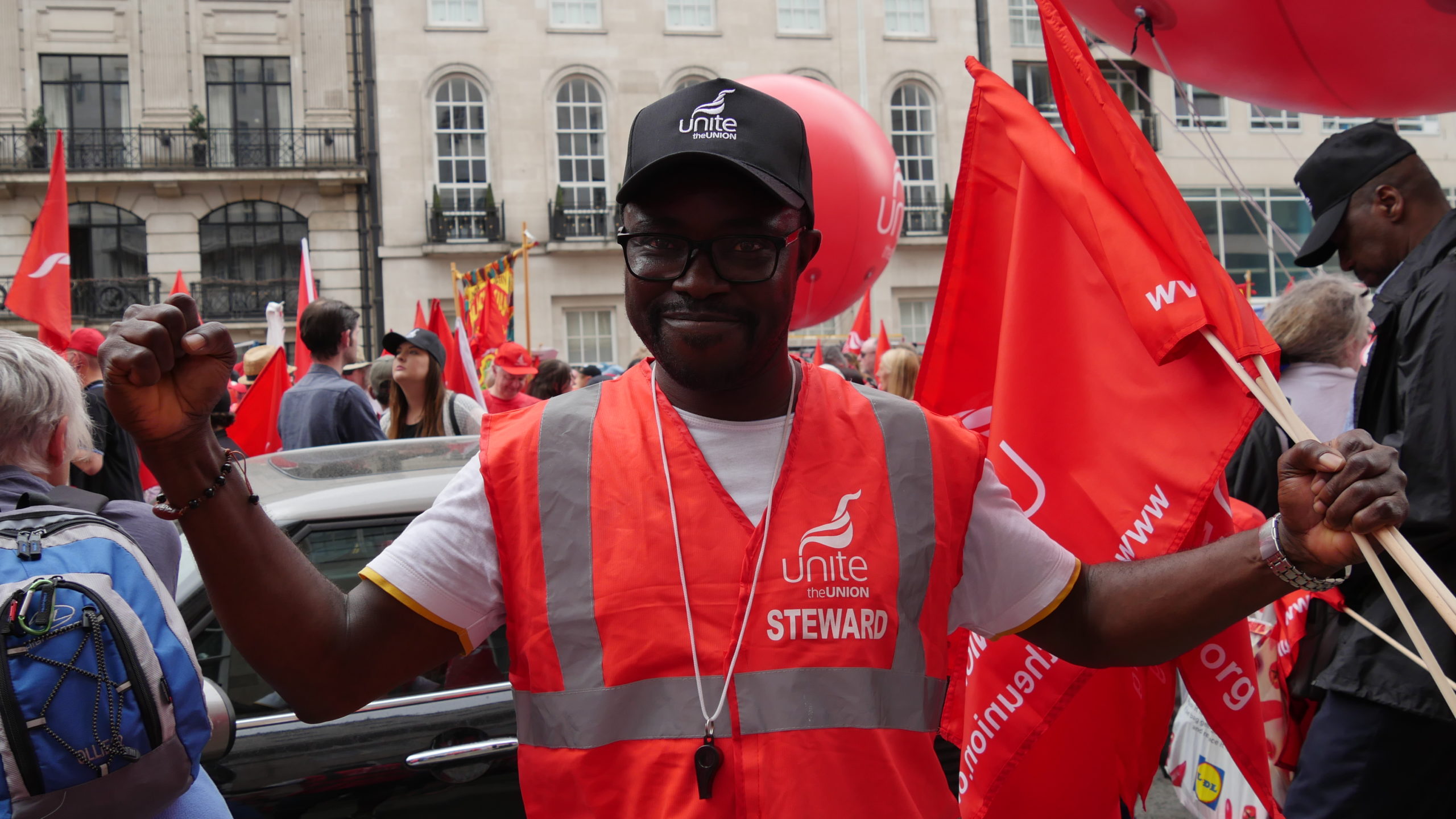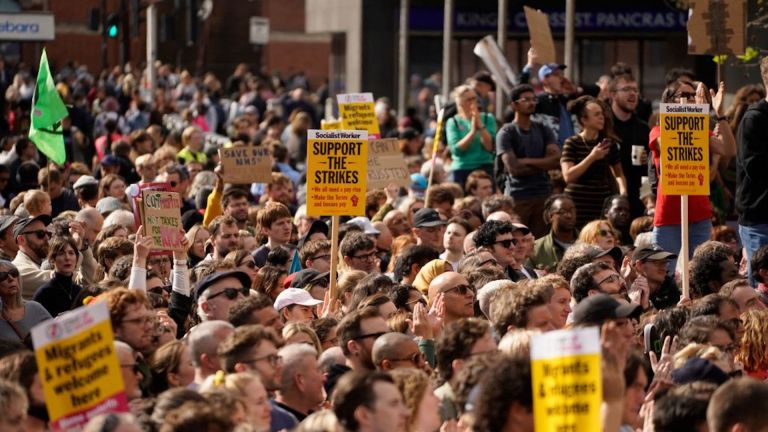Employers have been told they should start engaging more with unions amid a rise in industrial disputes and a growing threat of strike action.
While most employers see unions as providing essential protection for employees from bad management, failing to recognise or engage with them will increasingly become a bad strategy for bosses who want to avoid walkouts, the Chartered Institute of Personnel and Development has found.
Post Office workers are set to stage further 24-hour strikes this week demanding higher pay, while drivers at eight train companies on Monday voted to strike.
More than half of the 1,000 bosses and senior HR professionals surveyed by the CIPD agreed the UK is entering a new, more unstable period of employment relations.
Competition for workers amid a shortage of labour, combined with a cost of living crisis and falling wages, is fuelling industrial action across the UK this summer, with disputes at their highest point in five years.
The Trade Unions Congress (TUC) logged at least 300 disputes in 12 months to April 2022. Union bosses have warned they could coordinate industrial action to grind the country to a halt in a national strike if employers don’t get around the negotiating table.










